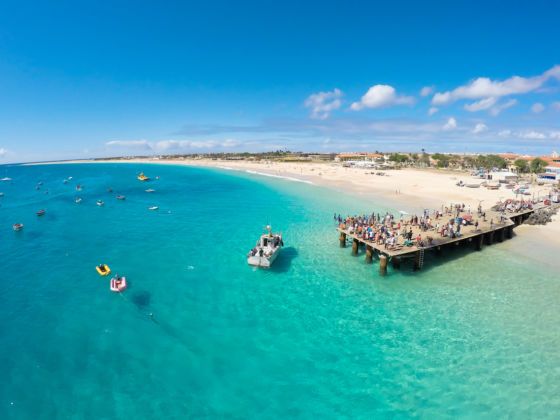EVERY YEAR, THE NON-PROFIT Ethical Traveler puts together a list of the most ethical places on the planet for travelers to visit. The list is designed to only look at developing nations, and thus, places where your travel dollars are likely to make the most positive impact. The writers of the report said, in a blog post announcing the winners:
“During the past decade we have watched travel grow into the world’s largest industry, with a trillion-dollar annual footprint. This means that travelers possess more than curiosity; we have enormous power. Where we choose to put our footprints has economic and political reverberations that reach far beyond our personal experience.”
The winners, then, are the ten developing countries which have the best records in four major categories: human rights, social welfare, environmental protection, and animal welfare. They also take into account how much the country has changed over time, in the hope that by promoting countries that have made positive steps, they can encourage the country to keep moving forward.
